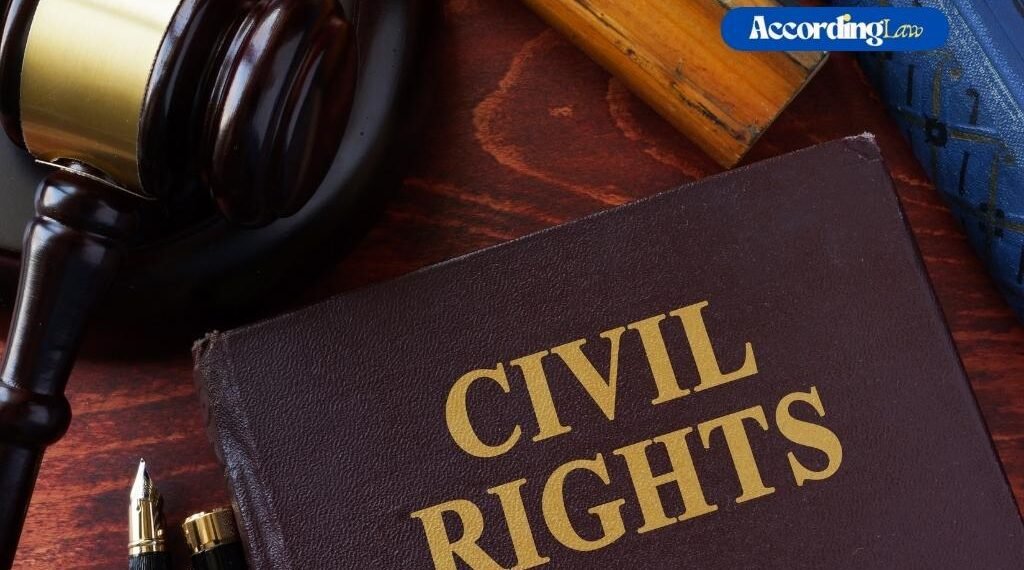When cops step over the line, the damage doesn’t end when the lights go off and the sirens fade. The bruises? They heal. But the fear, the anger, the mistrust—that sticks. For some people, filing a Civil Rights Lawsuit Against Police is the only way to take back control. It’s not just about a payout. It’s about saying, “What happened to me was wrong, and somebody needs to answer for it.”
Table of Contents
What Misconduct Really Looks Like
Police misconduct isn’t always the shocking, viral video stuff. Sure, sometimes it is, excessive force, a violent arrest, something that makes headlines. But often it’s quieter. An illegal search. A wrongful arrest. An officer ignores a person’s medical needs in custody. Or even retaliation, like targeting someone for recording them, or for joining a peaceful protest.
And here’s the problem: every one of those actions chips away at fairness. At trust. At the idea that the system is supposed to protect, not harm. Lawsuits aren’t just about money, they’re about dragging misconduct into the light so it can’t just be swept away.
Law That Makes It Possible
In Pennsylvania, most of these cases get filed under federal law, 42 U.S.C. §1983. That’s the statute that lets people sue government officials when they trample on constitutional rights. And depending on the case, state-level claims, assault, battery, false imprisonment, can be added too.
But there’s a catch. Two words: qualified immunity. Think of it as a shield that protects officers unless it’s crystal clear their actions violated rights that courts already recognized. Getting past that shield isn’t easy. It takes real evidence, serious digging, and a lawyer who knows how to break the case wide open.
A Push for Change in Pennsylvania
Some progress has been made. Back in 2021, Philly rolled out the Citizens Police Oversight Commission so regular people could have more say when complaints come in. And on top of that, state lawmakers finally started moving too, cutting out chokeholds, pushing for stronger training, and making departments report more clearly when force is used.
But let’s be honest: most of the real push for change doesn’t start in a statehouse. It starts with people. Communities speaking up. Advocacy groups refusing to be quiet. Individual lawsuits that apply pressure until reforms finally follow.
Beyond the Courtroom
Holding officers accountable is one part of the fight. Healing is another. And that part often takes longer. Stress, anxiety, PTSD, these don’t go away just because a case gets filed. That’s where support networks step in.
Groups like the ACLU of Pennsylvania, local innocence projects, and mental health organizations offer guidance and counseling. Sometimes, just knowing you’re not carrying the weight alone makes the difference.
Why These Lawsuits Matter
Civil rights lawsuits aren’t just personal battles. They change policies. They’re the reason body cameras are more common, why oversight boards exist, why certain use-of-force rules have been tightened.
On a personal level, they matter because they bring real relief, money to cover hospital bills, therapy, lost wages, and compensation for pain that shouldn’t have happened in the first place. On a bigger level, they send a message: power doesn’t get a free pass.
Taking the Next Step
Thinking about suing the police? Yeah, it’s intimidating. They’ve got the resources, the lawyers, the backing of the system. Most people feel tiny standing up to that. But here’s the truth: with the right attorney, that balance shifts. Evidence gets pulled together. Weak defenses fall apart. And suddenly, your voice gets heard.
If police misconduct has touched your life in Pennsylvania, don’t try to carry it by yourself. The Brian Zeiger Firm knows these fights. They know how to push back, protect your rights, and demand the accountability you deserve.


